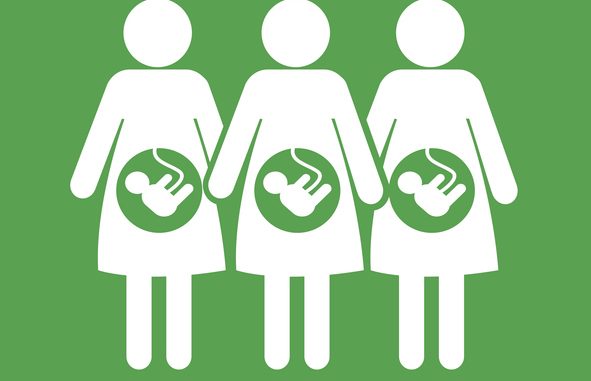Cultural bias is deeply ingrained within the NHS. In this article, Rowena Skinner shares her family’s tale, shedding light on some of the systemic shortcomings. Despite strides, the shadows of discrimination continue to loom large over minority communities, amplifying the urgent call for change
CREDIT: This is an edited version of an article that originally appeared on The BMA
I am a lay member of the patient liaison group and a 38-year-old black woman whose mother, Samantha Skinner, died in childbirth. I am sharing this because I read the recent article on a young black mother dying in a Liverpool hospital due to cultural biases impacting her quality of care, and was both horrified and triggered. My mother died of pre-eclampsia and there would have been signs in the lead up to childbirth but they were not investigated.
This is not the only failure of care my family has experienced. My aunt was deemed difficult after insisting that she see a doctor when she heard my cousin’s heartbeat during childbirth, as it had changed from earlier in her pregnancy. That insistence led to the discovery that the umbilical cord was around his neck and resulted in the emergency caesarean that saved his life. He would not have lasted another half hour.
That this failure of care is still happening to pregnant minoritised women in the NHS almost 40 years after it happened to my family was hard to read, and is a complete disgrace.
The article cited a 2023 report by MBRRACE-UK (Mothers and Babies: Reducing Risk Through Audits and Confidential Enquiries). It found that between 2019 and 2021 there was a fourfold increase in maternal mortality rates among women from black ethnic backgrounds and a twofold increase among women from Asian ethnic backgrounds, compared to their white counterparts. It is clear much more work needs to be done to combat the systemic cultural discrimination that is still present and causing avoidable harm in the NHS today.
Rowena Skinner is a queer black woman with several long-term health conditions. She was raised by her grandmother, Carmen Skinner, who had lupus, and so interacted frequently with the NHS from a young age. She is passionate about equitable care, and is the current PLG equalities champion.
Understanding the pervasive nature of cultural bias within the NHS is crucial for practice managers to ensure equitable care for all patients. By addressing systemic failures highlighted in the article, practice managers can contribute to fostering a more inclusive and supportive healthcare environment.



Be the first to comment